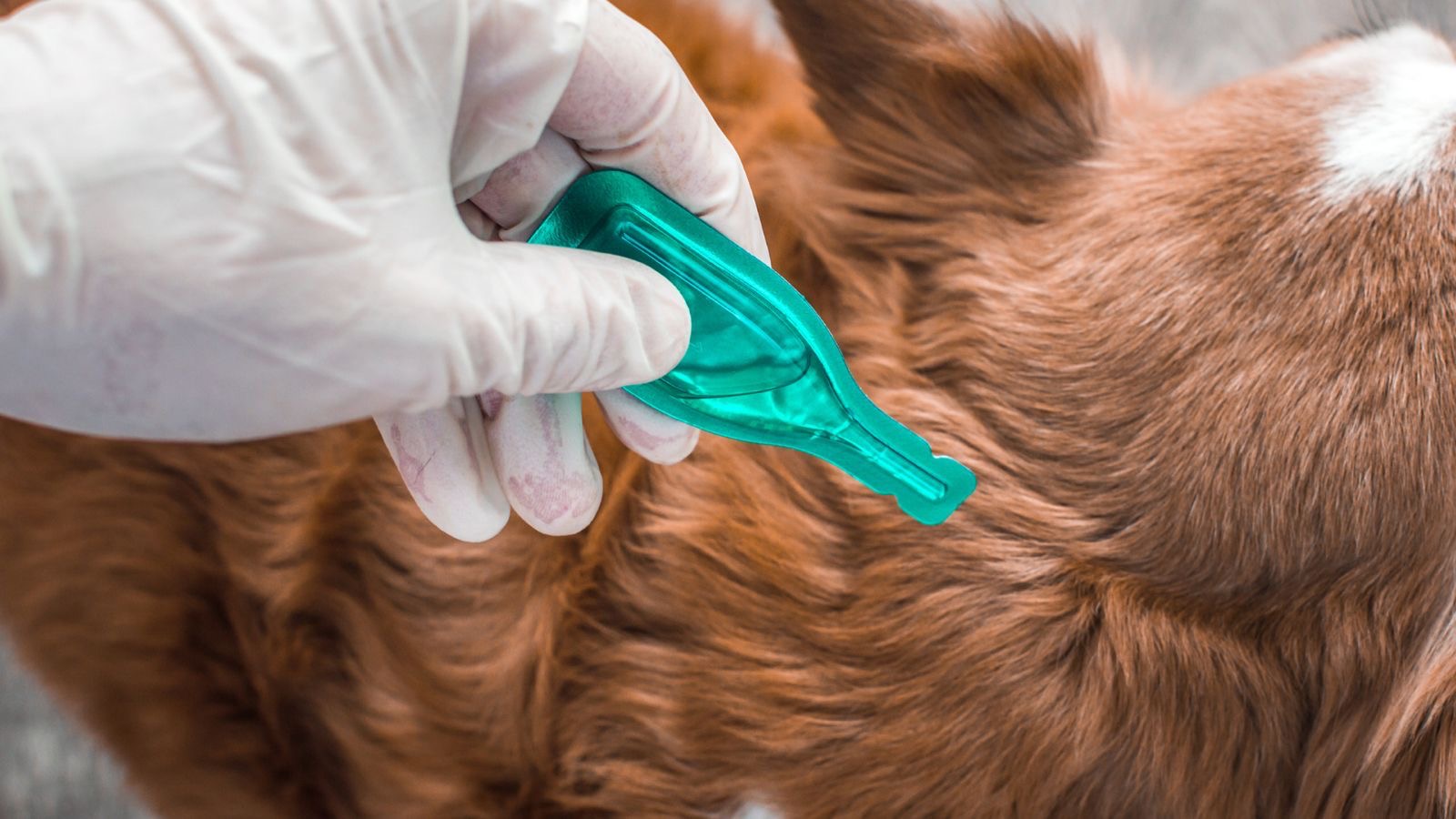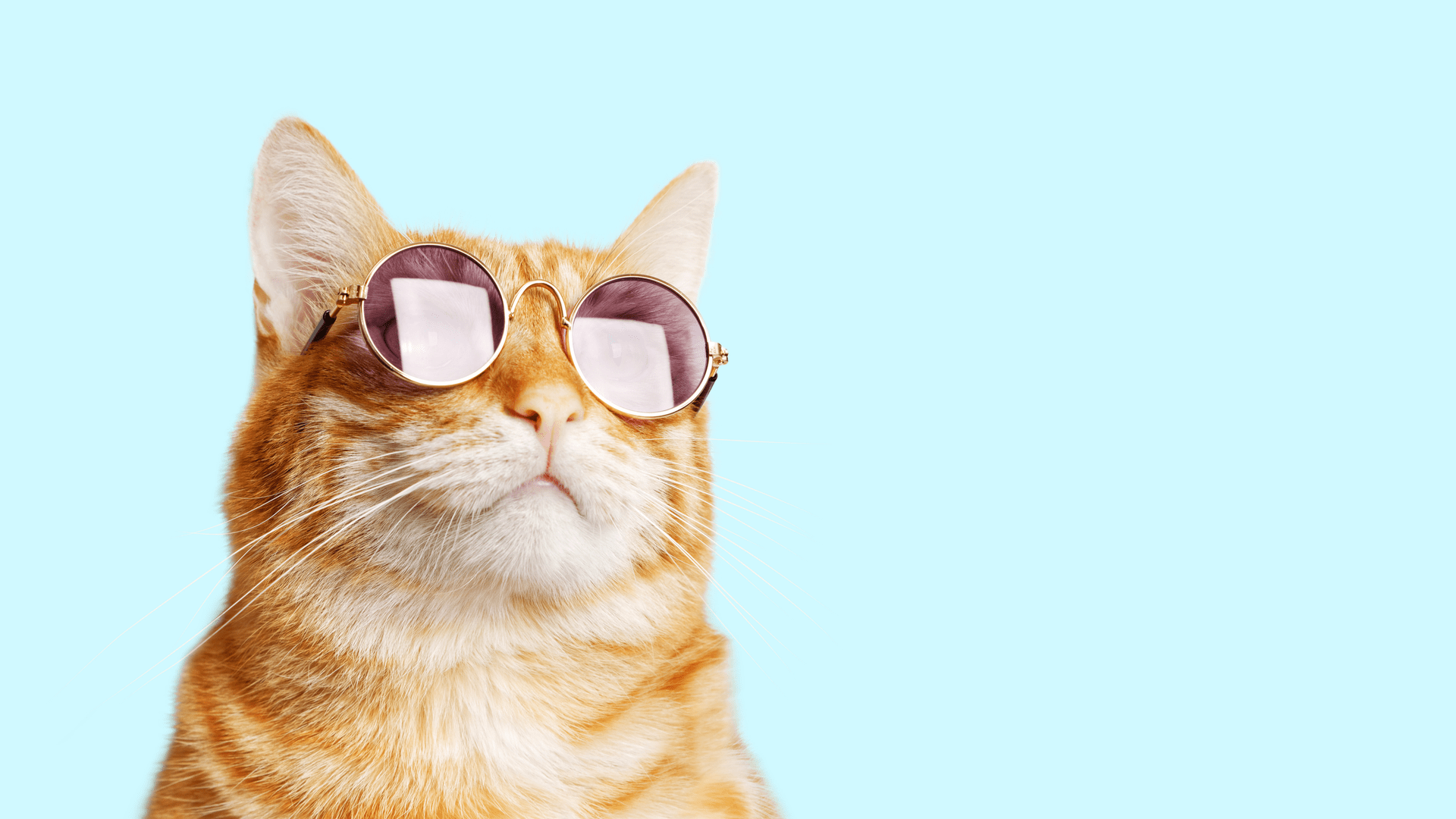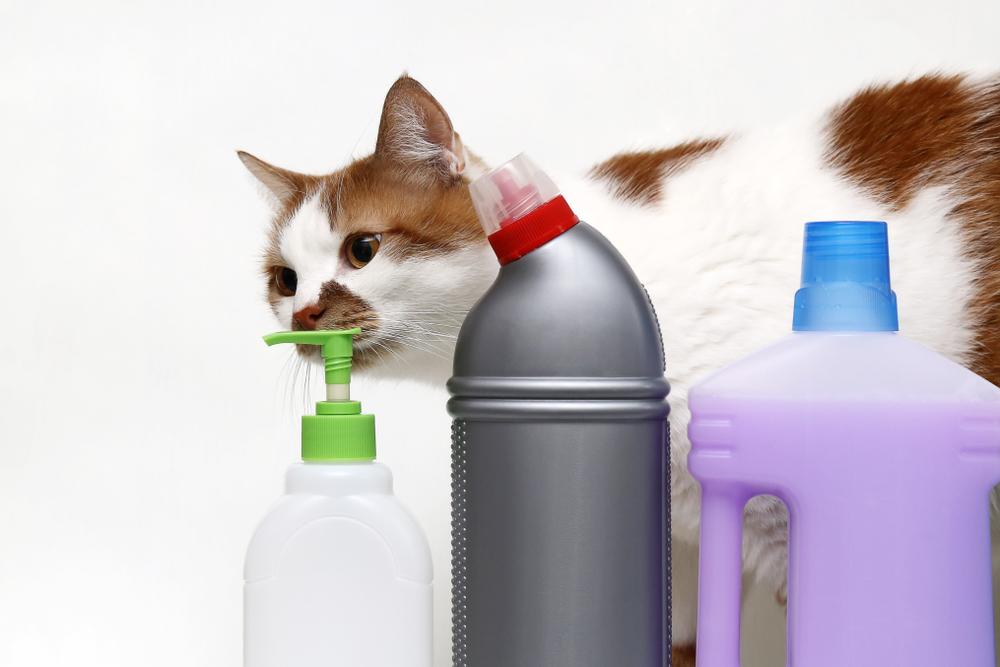We are often told that pet ownership has health benefits, the seminal work of Friedmann and colleagues in 1980 demonstrated that pet owners who suffered a heart attack were four times more likely to survive than their non-pet owning counterparts. But we generally consider that these pet owners, in fact own dogs, and with their increase in physical activity due to the exercise requirements of the dog, it’s not a far stretch to correlate dog ownership with better physical health.
However, there is more and more data suggesting that cats too can improve our physical health, and most certainly our mental health.
So, could there be more to us keeping these feisty, stubborn, and wholly independent beings in our lives? Here at My Pet Nutritionist, we thought we’d look into it in a little more detail.
Cats and Stress
It seems that cat owners on the whole, are calmer when faced with stressful situations and recover much quicker than non-cat-owners.
The main theory behind this is that social support provides a buffer for stress; and it does, we know that having strong social networks in times of stress can mitigate the harmful effects, but it seems that cats, and pets on the whole, provide even more of a buffer. It is thought that cats, unlike humans are non-judgemental (although many cat owners would disagree here), so not only are they a support, we’re also not worried about what they think of us.
We also find their purr relaxing. Whilst it would be great to find some complex data to suggest that the frequency of the purr helps us to relax, the reality is a little less glamourous.
When we are sat next to our cat or they are on our lap, we instinctively pick up on their purr. We’ll make a fuss and listen. Quite often we start to eliminate outside noise, literally and metaphorically. Whilst we’re focussing on their purr, we’re not thinking about that extended to do list, or that deadline we’ve got to make in work. We are simply there, listening to a purr. It’s a less intentional form of mindfulness. In it’s basic definition, mindfulness is about bringing your focus to what you’re sensing or feeling at that moment. Some owners will naturally change their breathing, slowing it down to mirror their cat. This action stimulates the vagus nerve which is the chief of the parasympathetic nervous system. This system is our rest and digest system, the one that counters our fight and flight. So, often without even realising it, simply sitting, in the moment with the cat, listening to their purr, we have moderated our stress response.
This will also apply when we are watching them roll over in the sunshine, or play with their toys, we are simply
being with them, nothing more, nothing less.
Cats and Relationships
Whilst we’ve all heard the phrase, crazy cat person, it seems that when assessed against personality factors, cat owners are more socially sensitive, trusting and like other people more than non-cat owners. As we mentioned earlier, social support is a buffer in times of stress, so it could be suggested that as cat owners tend to get on with other people more, they have a better social network, providing more of a buffer, therefore making them more resilient in tough times. So, whilst owning a cat is not directly linked to better relationships, people who choose to own cats tend to possess personality traits that help them experience quality relationships.
Findings Here
This could largely be due to the hormone oxytocin.
This hormone plays a role in social bonding, reproduction, childbirth, and the period after childbirth. In humans it is seen to increase when touched, when we watch an emotional movie or engage in group activities. Humans have many oxytocin receptors compared to other animals, demonstrating our need for social interaction; affecting our central nervous system and peripheral nervous system, oxytocin is a key player in reducing stress hormones.
Oxytocin is known to increase when petting both cats and dogs, and it has been demonstrated that this increase, subsequently enhances trust of a stranger, meaning cat owners may be more likely to engage in new social relationships and increasing that social network.
Cats and Sleep
Study after study have demonstrated that cat owners report they are happier, more confident, less nervous, more energetic, attentive, and less lonely. They also report they sleep and focus better than non-cat owners.
Findings Here
All of this could in fact be due to our sleep cycles as a cat owner.
Humans function on a circadian rhythm, which is around a 24-hour sleep-wake cycle. Without going into the ins and outs of it, without a sleep drive, we struggle to fall asleep. Part of this sleep drive is the accumulation of a neurotransmitter called adenosine throughout the day. To fall asleep, we respond to the hormone melatonin, which ramps up at night, in response to light cues. In short, what our body experiences throughout the day affects how we sleep that night. This is why, if anyone ever struggles to sleep, a routine is the first thing they are told to implement.
And, as any cat owner will attest, cats know exactly what time breakfast is!
Even if your cat doesn’t venture into the bedroom to claw at your feet for their breakfast, one of the first thoughts to cross a pet-owners mind in the morning is the need to get up and sort the cat/s/dog/s out. Without knowing, us pet owners get into a routine, very quickly. We tend to get up at the same time most days, keeping our circadian rhythm steady. If we have better sleep hygiene, we will experience more quality sleep and therefore be more energetic throughout the day, and likely be more focussed.
So inadvertently, pet ownership results in a routine which keeps our sleep on track.
There is also the consideration that some owners allow their pets to sleep on the bed with them. For some this can enhance their sleep but for some it can disturb, so like all things, set boundaries that work for you.
Having Kittens!
Whilst I’ve explored the benefits of cat ownership, and there certainly are a few, some owners will report new anxieties when they take on a new addition. This is completely understandable. There is now another being that you are responsible for.
For some cat owners who decide to let their cat outside, this can be worry; certainly, the first time you ever let them out, and a niggling fear each time afterwards. Then there is the anxiety when they don’t come in at their usual time, or miss a mealtime, which is usually because they are too busy sleeping in a warm spot or have taken up lodging with the neighbour down the road!
We become attached to our pets and we fear for their safety, this is normal. But we also know that cats can mirror our emotions, so if we want them to be resilient in the face of stress, we need to be too.
Whilst we’re often told pets are good for our health, they actually are. It’s easy to make an assumption and sweeping statement that dog owners are healthier because they walk their dogs, but us cat owners have got a few things to be thankful for too.
It is clear that cats can help us manage stress and if we’re honest, we are faced with a fair share. It seems that cats provide a buffer in the form of social support but as cat owners we are also more likely to have human social support, simply because of the personality traits associated with being a cat owner. Cat owners also report other health outcomes like enhanced sleep and focus, and perhaps we can thank our pet owner routine for these benefits.
Whilst owning a cat does come with its own worries and anxieties, the hope is that the good days outweigh the bad, and if you’ve ever watched your cat squeeze into a postage box or accidentally fall off the windowsill, we’re sure you’ll agree, it’s absolutely worth it!
And of course, if you are concerned about your cat’s health, please check out our services to see if we may be able to help.
Thanks for reading,
MPN Team







